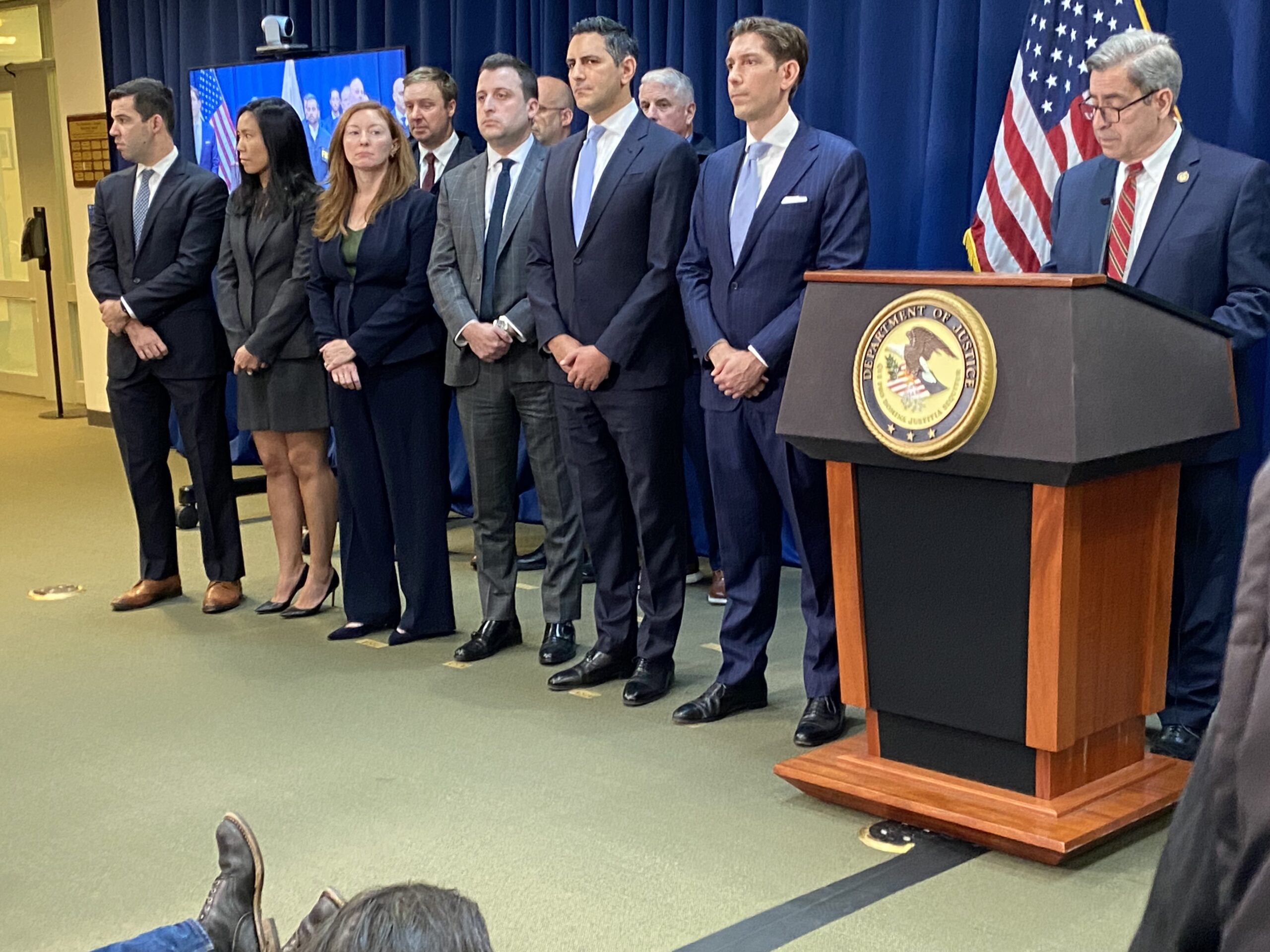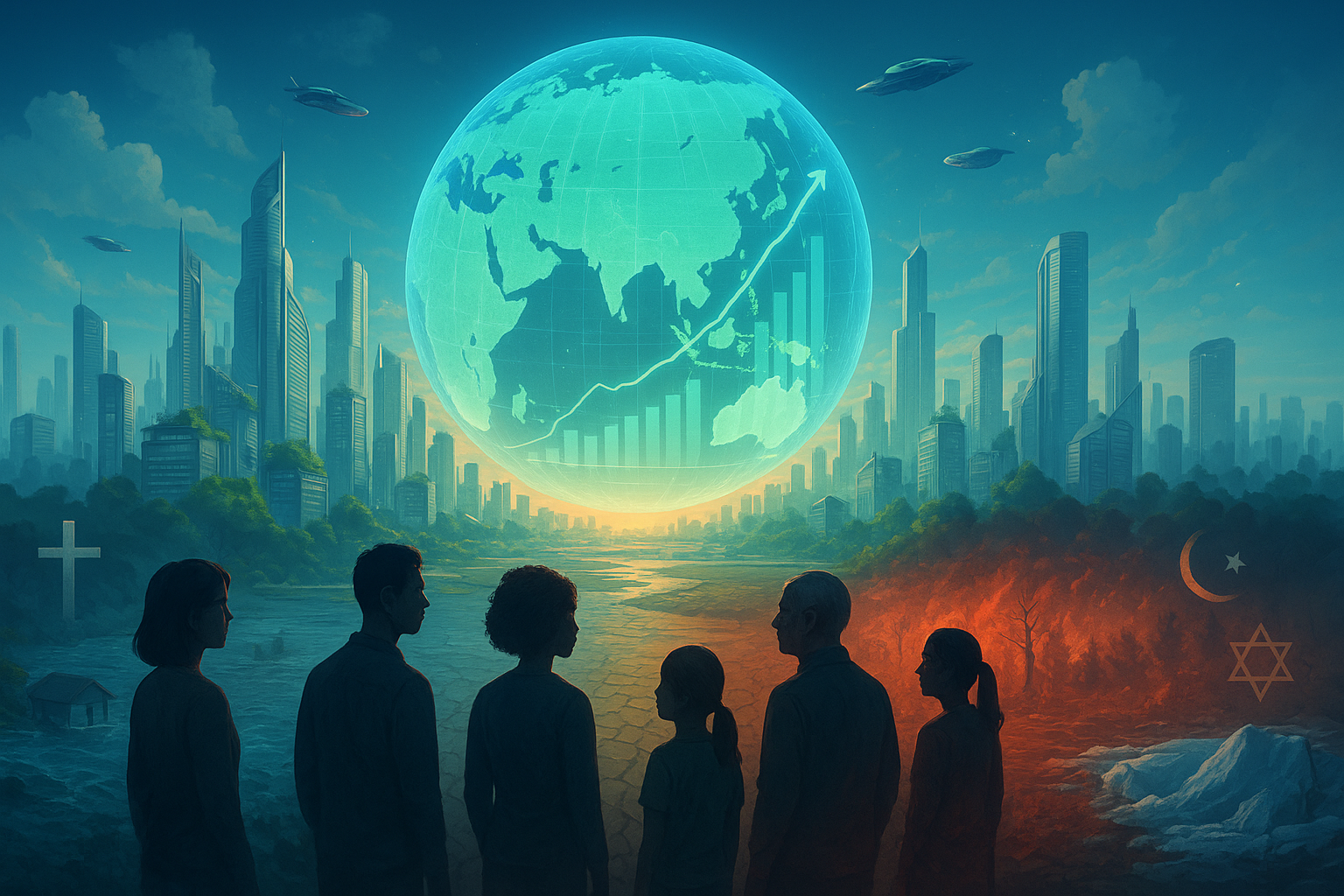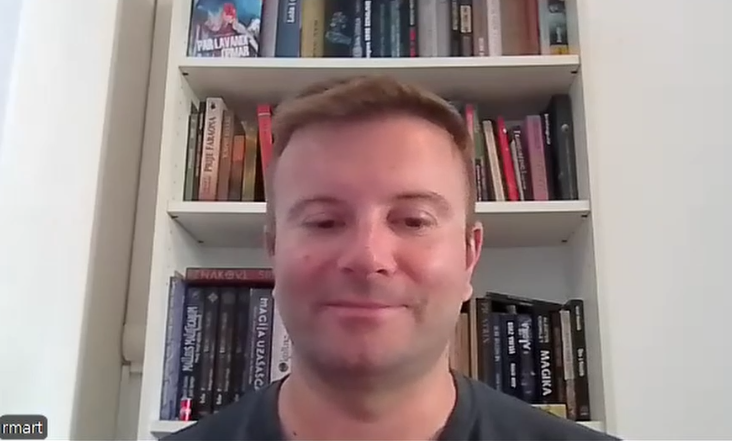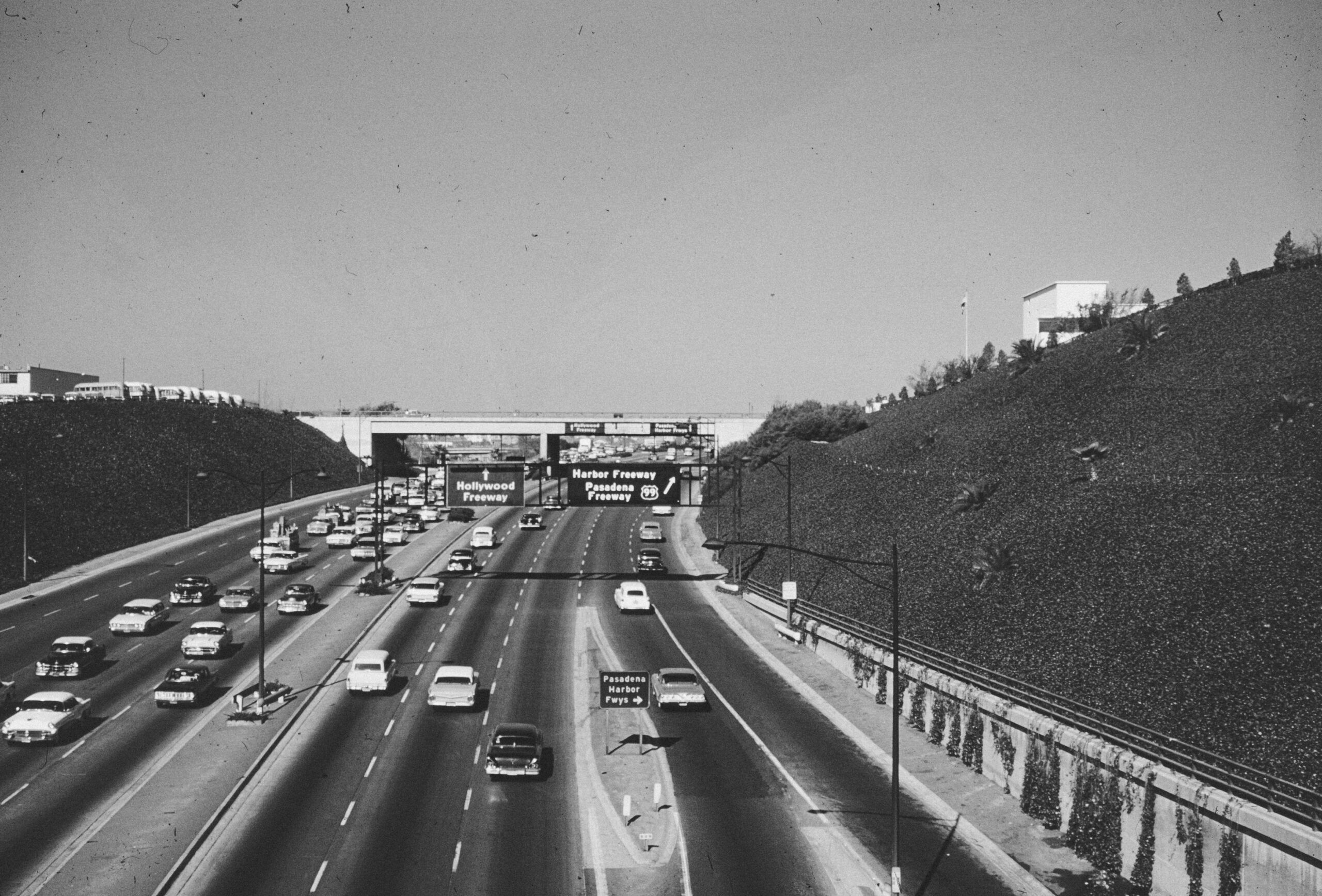By Matija Šerić
When students, driven by a desire or need to learn geography, take a globe in their hands and start spinning it, they will very quickly come across the Federative Republic of Brazil. This is not surprising, as Brazil is impossible to overlook on the world’s political map. It is located roughly in the center of the globe, just below the equator, and it is enormous in size—covering about 50% of South America’s territory.
It spans 8.5 million square kilometers across four time zones, stretching from the vast Amazon River and the rainy Amazon rainforest in the west to the eastern metropolises on the Atlantic Ocean, such as São Paulo (the most populous city in the Americas with 12 million inhabitants). According to the latest estimates, Brazil has around 212 million inhabitants, accounting for 50% of South America’s population. The Brazilian nation is the largest in Latin America in terms of both land area and population.
Untapped Potential
When looking at the world map, less informed observers would easily place Brazil among the world’s most powerful countries, both politically and economically. At first glance, this conclusion seems obvious because, when analyzing both North and South America, Brazil, in terms of territory, population, and resources, comes right after the United States. Therefore, Brazil’s power and influence in the international sphere, both politically and economically, should not be far from that of the U.S. However, in reality, Brazilian power has always been significantly weaker than American power.
Due to specific internal and external historical circumstances, Brazil has never been more than a regional power, and even that status was often merely formal, precisely because of the influence of “Uncle Sam” and the Monroe Doctrine. Because of its grand potential but modest results, Brazil has often been ironically categorized as “the country of the future,” with that future expected to finally arrive in this century. Its vast territory and population, a potent economy (the tenth largest in the world), abundant natural resources, democratic political system, developed national consciousness, and national identity all indicate that Brazil, in the 21st century, has the potential to become a superpower.
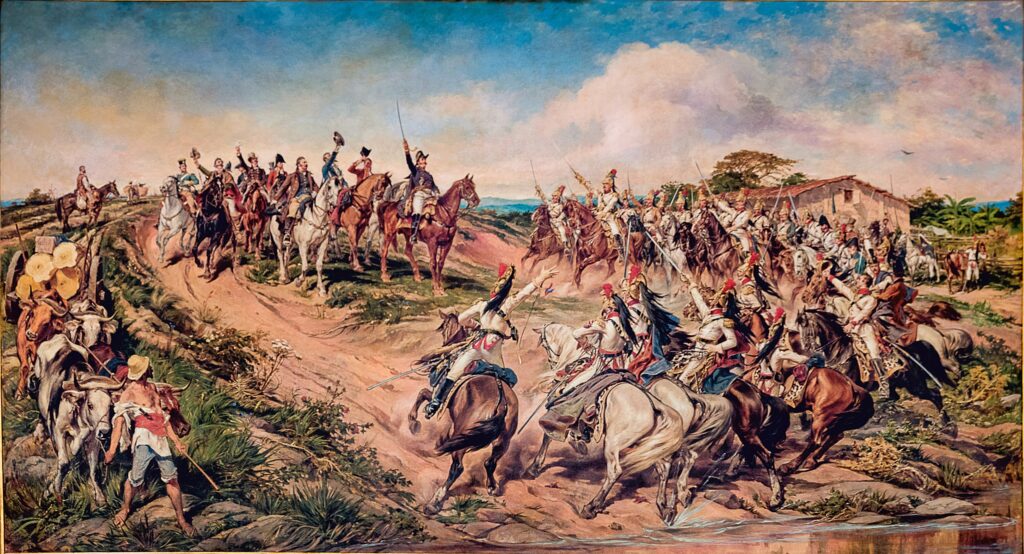
An Unusual Historical Path
Brazil’s quest for superpower status actually began with its declaration of independence in 1822, but even earlier. The Brazilian collective sense of identity stems from the colonial era, its vast territory, ethnic and racial diversity, racial mixing, and its unique language. Brazilian Portuguese is a distinct language compared to the Spanish spoken throughout the rest of Latin America and is also quite different from the Portuguese spoken in Portugal and some African countries. This linguistic uniqueness is the result of Portugal’s refusal to allow the establishment of universities or the printing press in Brazil, combined with the presence of millions of African slaves and European immigrants, which gave Brazilian Portuguese a melodic quality reflecting the pluralism of the Brazilian people.
Modern Brazilian history began in 1808 when the Portuguese royal family relocated their entire court of 15,000 people to Brazil to escape Napoleon’s invasion and preserve the Portuguese colonial empire. From that moment, Rio de Janeiro became the capital of Portugal. In 1815, Brazil gained the status of a kingdom within Portugal and declared independence seven years later when the Portuguese regent, Prince Dom Pedro, refused to follow his father and return to Portugal, instead proclaiming independence. In the following hundred years, Brazil began building its modern state, engaging in wars to define its borders, although most were settled peacefully.
From Monarchy to Republic
The status of a monarchy brought great stability to Brazil in the 19th century (unlike other countries in the region, which were mired in civil wars), and only in 1889 was a parliamentary republic established. Interestingly, Brazil was the last country in the Western Hemisphere to abolish slavery, doing so only in 1888. Soon after, millions of immigrants from Europe and Asia arrived to develop Brazil’s economy and seek a new life for themselves. Today, in the 21st century, Brazil’s population is among the most multicultural and ethnically diverse in the world precisely because it is an immigrant country that has received settlers from every continent.
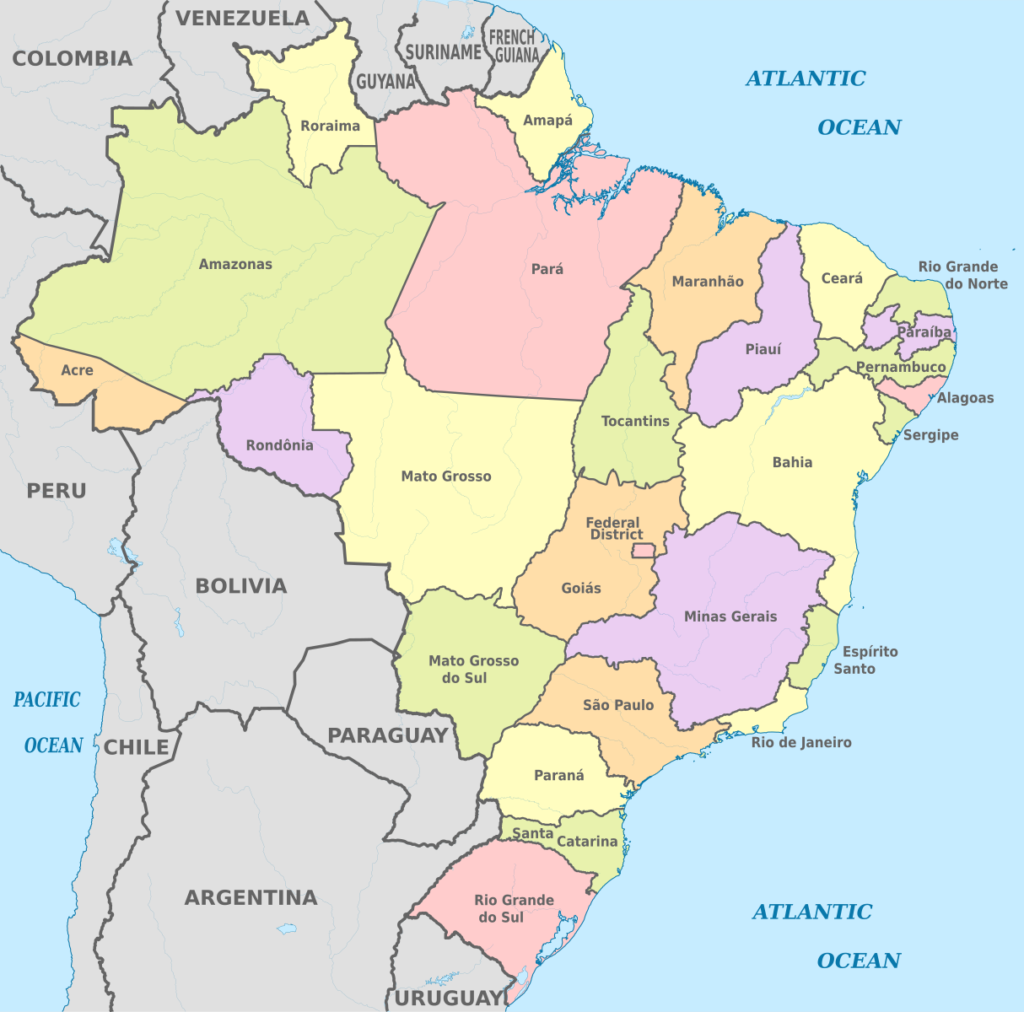
Emergence onto the International Stage
Although Brazil did not participate in World War I, it was a founding member of the League of Nations, from which it withdrew in 1929 because it did not receive permanent member status. In World War II, Brazil joined the Allied coalition in 1942 and was the only South American nation to send troops to fight on the European continent. During the founding of the United Nations, U.S. President Franklin Roosevelt believed that Brazil should be given a permanent seat on the UN Security Council, but the U.S. administration ultimately rejected the idea. For some Brazilians, this was proof that the great powers had conspired against Brazil to prevent its advancement and the international status it deserved. From the second half of the 20th century to the present day, Brazil’s Ministry of Foreign Affairs has continued to grumble about that decision. Brazilians believe they should have a permanent seat on the UN Security Council and have therefore allied with Germany, India, and Japan, countries demanding reform to gain greater influence in crisis resolution.
During the Cold War, Brasília was firmly on the side of the West. The authorities sought to achieve significant economic growth based on protectionist and nationalist policies, which led to inflation and a currency crisis. In 1964, a military coup occurred with CIA support, and the military junta ruled authoritatively until 1985. Since then, a democratic order has been in place.
The constitution adopted in 1988 established a presidential political system, and the country is a federation of republics. The Federative Republic of Brazil consists of 26 federal states and the federal district, the capital Brasília. The president is not only the head of state but also the head of government and is elected for a four-year term, with the possibility of re-election for a second consecutive term. However, after a break of one or more terms, a former president may be re-elected. The National Congress is a bicameral legislative body of the federation, consisting of the Chamber of Deputies and the Federal Senate. Voting is mandatory for literate citizens between the ages of 18 and 70 and optional for illiterate citizens and those aged 16 to 18 and over 70.
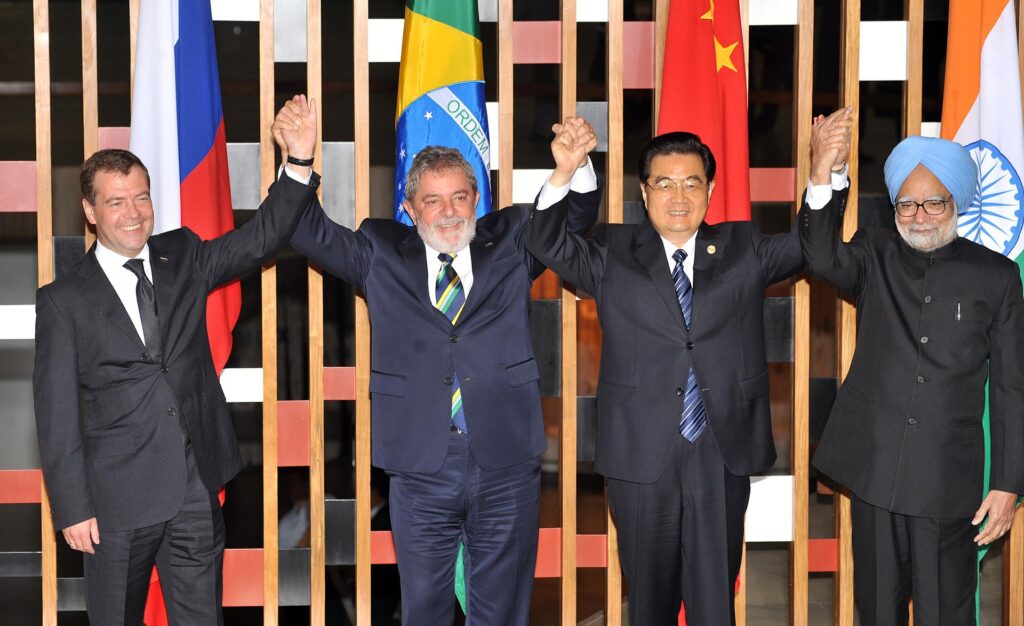
Progress at the Beginning of the New Millennium
Like other Latin American countries, Brazil often resisted various forms of American imperialism but never completely. After financial difficulties at the end of the 20th century, the arrival of President Luiz Inácio Lula da Silva in 2003 brought about significant change. Lula advocated for stronger “South-South” cooperation, that is, with other Latin American nations, and began to oppose American neoliberal policies more strongly within the initiatives of the IMF and the World Bank.
The authorities created strong economic growth and an export-oriented economy and enabled a rise in living standards. Structural reforms were implemented, and extreme poverty was drastically reduced. Social programs such as Bolsa Família Brasília and Fome Zero included poor communities, such as those in the favelas, into society. The government also negotiated trade agreements in the energy, military, and infrastructure sectors with non-democratic countries despite disapproval from the United States and the European Union.
The Strongest Emerging Market
In the first decade of the 21st century, Brazil became one of the strongest emerging markets and a significant contributor to global economic growth. For this reason, Brazil became a founding member of Mercosur, the G20, and BRICS, organizations of the world’s largest emerging economies. It is no coincidence that Brazil gave the initial letter to BRICS. The “B” stands for Brazil, and Brazil represents the Global South and the potential of that same South, which throughout history had been hindered first by European imperialism and later by American neocolonialism. Major sporting events, the 2014 FIFA World Cup and the 2016 Summer Olympic Games, were rewards for the growing political, economic, and environmental progress achieved by the Federative Republic of Brazil.



